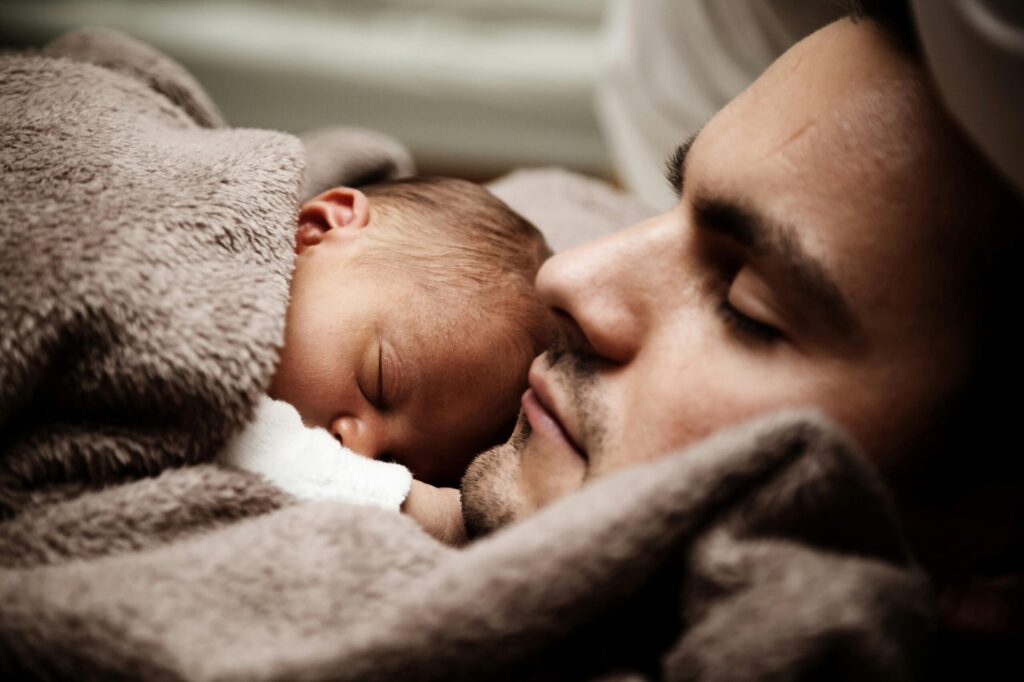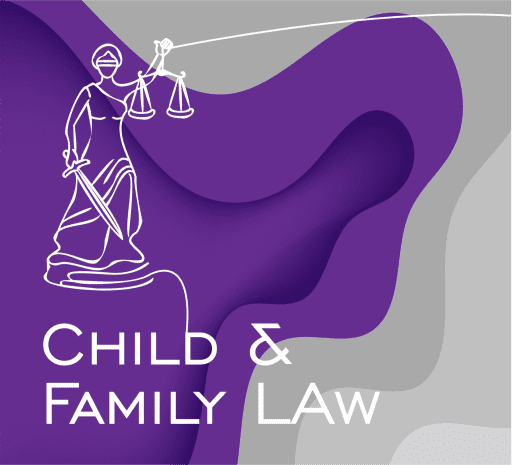Do Parents Have Equal Parental Rights?
The simple answer is yes. Each child is entitled to maintain a relationship with both parents, and as long as both parents share parental responsibility, their rights and duties are equal.
Understanding Parental Responsibility
Parental responsibility, as defined in section 3(1) of the Children Act 1989, encompasses “all the rights, duties, powers, responsibilities, and authority which by law a parent of a child has in relation to the child and their property.”
This encompasses a wide range of responsibilities, including but not limited to caring for and protecting the child, providing a home, and administering discipline. Financial support for the child is expected from both parents, regardless of whether they share parental responsibility.
Routine decisions regarding the child’s daily life and care can be made independently by either parent when the child is under their care. This includes decisions about diet, caregivers, and similar matters.
However, significant decisions, such as choosing a school, medical treatments, changing the child’s name, or relocation, are expected to be jointly decided.
Who Holds Parental Responsibility?
Mothers automatically possess parental responsibility from the moment of their child’s birth.
Fathers attain parental responsibility if they are married to the child’s mother at the time of birth.
In same-sex relationships, if the parents were civil partners during the treatment, both partners share parental responsibility.
Acquiring Parental Responsibility
Unmarried fathers can acquire parental responsibility through registration on the child’s birth certificate, entering a parental responsibility agreement with the child’s mother, or obtaining a court order.
In non-civil partner same-sex relationships, parental responsibility can be established through an agreement with the other parent.
Parental responsibility is not lost due to separation or divorce and typically concludes when the child turns 18. It cannot be relinquished through agreement, only by court order.
Separated Parents and Child Contact
Having parental responsibility does not automatically guarantee a right to spend time with the child, and there is no fixed time requirement.
While the court anticipates separated parents to agree on visitation, formal arrangements like Parenting Agreements or Consent Orders are not obligatory.
Should an agreement be unattainable, court intervention might be necessary to secure a Child Arrangements Order.
Resolving Disagreements
For crucial decisions that parents cannot agree upon, a court might issue a Specific Issue Order or Prohibited Steps Order, with the child’s best interests as the guiding principle. This could encompass matters like school choice or international relocation.
How Aristone Solicitors Can Assist
Our dedicated team of family solicitors specializes in addressing various concerns, including contact arrangements, Parental Responsibility Orders, Specific Issue Orders, and Child Arrangements Orders.
We offer a compassionate and supportive approach to tackle your legal matters. We understand that every family and situation is unique, and we are committed to delivering tailored legal guidance.
For an initial consultation with our Family Law experts to explore your options, feel free to contact us.



